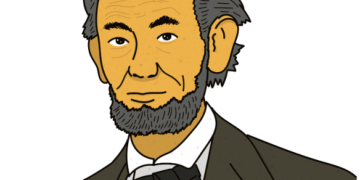
Have you ever been given a task with little direction (and even less clarity around what the end result should look like – which we’ll address specifically next month) only to be met with harsh criticism once you were done? I sure have! I can think of no less than a dozen examples, all in different jobs or scenarios, where I did what I thought had been asked of me only to be chastised afterward. I won’t bother hashing any of them out here because I’m sure you’re already picturing a situation where you’ve dealt with this kind of response…
In all fairness to whoever’s face you’re seeing right now, I’ll suggest that belittling us likely wasn’t their intent – but I do know that can happen sometimes. In many cases, that person knew exactly what they wanted and assumed we did too. Explaining a task we’ve mastered to someone who has no context for what needs to be done can be incredibly difficult, especially when we don’t realize how little they really understand about what we want them to do. When we come back to find steps have been skipped or a completely different outcome than we expected, our first response is to begin picking it apart or pointing out the errors they’ve made. And while some of that may have to happen to get the result we need, we’ll need to do more than just saying what’s wrong; we need to be willing to show them how to achieve the result we were looking for and why each part of the process is important.
Let’s face it, none of us enjoy delivering poor results! And in many cases, if we knew how to do the thing someone was asking us to do, we might have gotten started before they had to ask… When we take the time to show someone what needs to be done rather than just barking a few directions at them, we may be able to avoid a tough conversation altogether. In situations where we do need to address errors, being willing to provide detailed guidance might be just the thing to deliver the “alliance feedback” we looked at a while back rather than the “constructive criticism” that no one cares much for! In either case, we need to make sure they’re completely clear on what we expect so that’s where we’ll pick up next time.
































